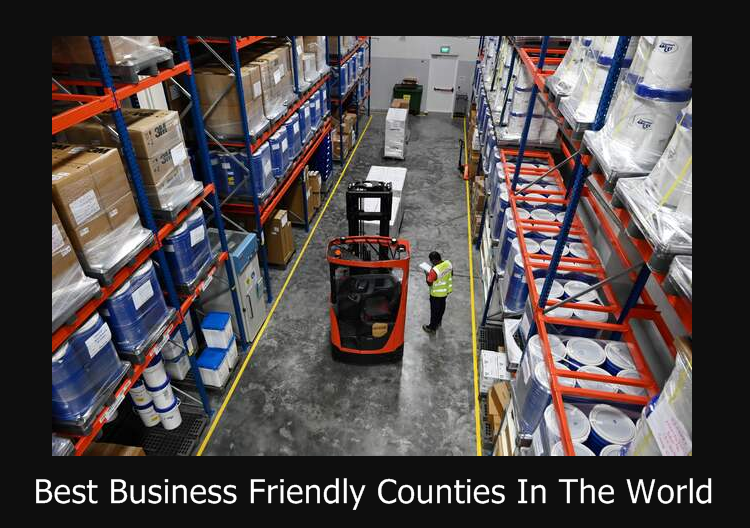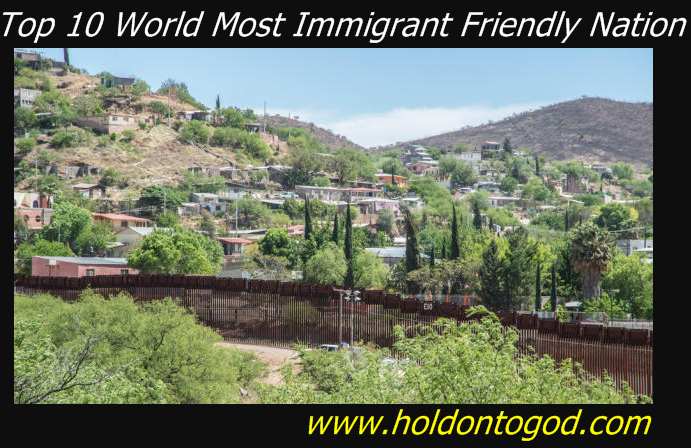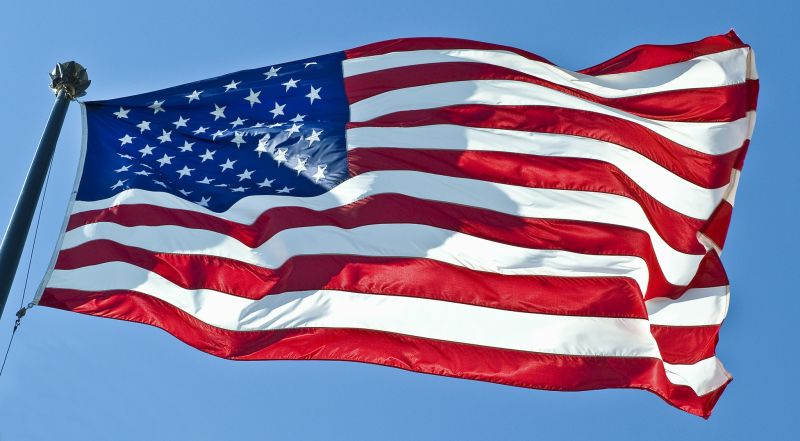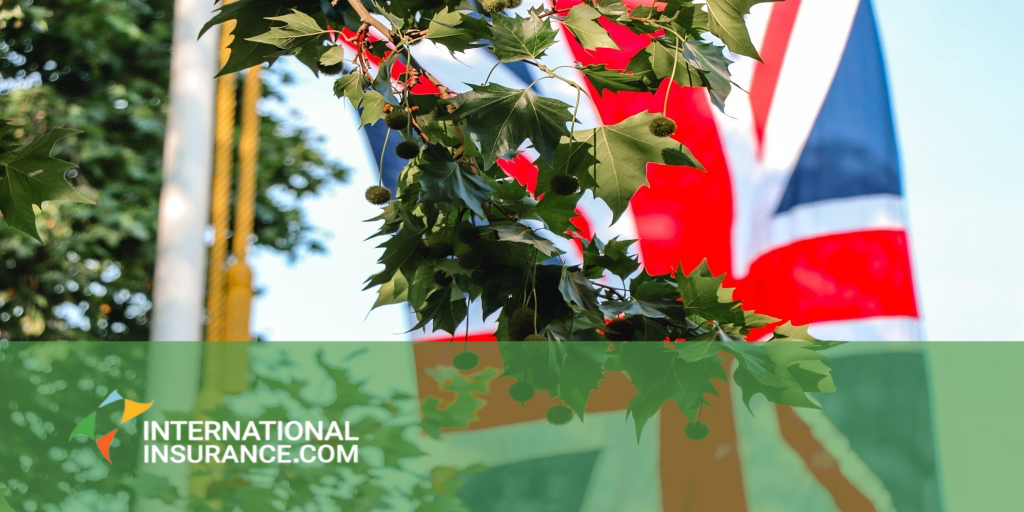ARTICLE AD BOX
As a good international business vessel, there certain feature you have to put in place before you decide you business mustily leaving your country for a business.
deciding the best counties you go for your business is very important. some of these reasons why you consider the best business friendly countries in the world, is that there are countries that possesses features which are not business favorable at all and this features that some of this countries are lacking would make your business fail when you are not able to consider them. before going to any of the countries.

Best Business Friendly Counties In The World
below here in our page we are going to give you the outline of at least the 5 possible countries that are best business friendly in the world. Also the details on the counties and other information that are relevant also.
Best Business Friendly Counties In The World
These are the outline of the Best business friendly countries the world
- Switzerland
- Luxembourg
- Finland
- Sweden
- Norway
For the outlined countries above, here your vision business is open for you. In case you are a foreigner to any of these countries and you have the vision to migrate for you business both for an importation or exportation, these above mentioned countries are best friendly counties in the world for your business.
However, if you are interested to carry out your business goal in any of countries, the countries are open for you for you business,
1. Switzerland
Switzerland is a little nation in Central Europe made up of 16,000 square miles of glacier-carved Alps, lakes, and valleys. Its official name is the Swiss Confederation. It is one of the richest nations on earth and has long been admired for its impartiality.
In the beginning, the Swiss Confederation was created in 1291 as a protective alliance between cantons. The confederation broke away from the Holy Roman Empire in 1499. After years of fighting, the confederation became a consolidated federal government in 1848 thanks to a new constitution. Since that time, the nation has experienced a fair amount of peace.
Location
Capital
Bern
Region
Europe
Gross Domestic Product[GDP] Per Capital PPP
$83,598
In Switzerland they have the population of 8,769,741
Population
8,769,741
AREA
41,277 SQ.KM
GDP
$808 billion
Furthermore, in Switzerland there are possible features while there are chosen as number one best business country in the world
Here below are the features.
- Highly-educated workforce
- Political and financial stability.
- Excellent public infrastructure.
- High productivity.
Moreover, we have not forgotten that Switzerland also remain the best economy stable in the world among others.
Switzerland's economy is a highly developed mixed economy and one of the most developed in the world. In particular, the Swiss banking sector and tourism have come to play a large economic role together with the service sector, political stability, and economic stability.
2. Luxembourg
The small European nation of Luxembourg is bordered by Belgium, France, and Germany. It is primarily rural, with rocky gorges of the Mullerthal region in the east, the Moselle river valley in the southeast, and extensive Ardennes woodland and nature parks in the north. Luxembourg City, the nation's capital, is renowned for its walled medieval old town set on a hill.
Capital: Luxembourg
Official languages: Luxembourgish, French, German
Population: 640,064 (2021) World Bank
Dialing code: +352
Government: Monarchy, Grand duchy, Democracy, Parliamentary system, Unitary state, Constitutional monarchy, Liberal democracy
As a foreigner that wants to migrate to Luxembourg for a business, you may be asking if the question, if the country is an English speaking country. yes but before now we have mentioned the possible official language of the country but English is very common in the country.
Furthermore, the Grand Duchy of Luxembourg is a landlocked nation in Western Europe bordered to the west by Belgium, the south by France, and the east by Germany. The nation is both one of the smallest and richest in the entire globe. Its woodlands and undulating hills are dotted with castles and churches.
Since its founding in the 10th century, the nation has been ruled by numerous nations and kingdoms, but it has always maintained its independence as a separate political entity. Following years of Hapsburg rule, Luxembourg united with the Netherlands in 1815. The nation gained independence in 1867, though its borders have since shrunk.
With only one legislative body, Luxembourg is a parliamentary constitutional monarchy. The grand duke's authority over the prime minister is primarily nominal, notwithstanding his appointment. Voting is required.
According to per capital income, Luxembourg is the EU member state with the highest level of living. Its finance sector is the largest contributor to its economy, and it is a prominent hub for large private banking. Germany, France, and Belgium are the nation's top commercial partners.
3. Finland
The country Finland is number 3 for best business friendly counties in the world, it has a lot of feature that both citizens and foreigner are inspiring to navigate to the country for their business
Moreover, Finnish and Swedish are both official languages of Finland, which is a multilingual nation.
From the late 12th through the early 20th century, Finland was alternately governed by Sweden and Russia. Following the Russian Revolution, the nation proclaimed its independence, and in 2017, Finland commemorated 100 years of independence. Finnish culture was crucial in creating a sense of national identity. The "Kalevala," a 19th-century anthology of ballads adapted from folk music, is credited for strengthening the Finnish spirit.
Today's parliamentary democracy, Finland, is a global leader in education and consistently scores highly in the areas of civil rights, press freedom, and quality of life. The nation was among the first in the world to give women the right to vote and the first to legalize universal suffrage, or the ability to cast a ballot and run for office.
4. Sweden
This is one of the largest nations in the European Union by geographical area is the Kingdom of Sweden, which spans much of the Scandinavian Peninsula and is bordered by Norway to the west and the Baltic Sea to the east. Border disputes throughout the Middle Ages led to the establishment of the modern-day country, whose capital city Stockholm was formed in the 13th century.
Sweden has a history of being militaristic, but it has always maintained its neutrality in times of conflict. Instead, dedication to public service, sustainability, and human rights has helped it become a reputable leader in international affairs.
Sweden has a similar economic model to other Nordic countries: it is very capitalistic, with a sizable portion of spending going to public services. Tax rates have dropped, and a sophisticated infrastructure and transportation system help to equalize wealth distribution.
They were once well above the global average. Its citizens have one of the highest life expectancy in the world, and health care and college are both free. The majority of Sweden's garbage is recycled.
With an annual donation to humanitarian relief programs of around 1% of their gross domestic product, Swedes are among the most giving people in the world. Due in part to the number of refugees who have been welcomed within Swedish borders, the society has continued to diversity.
5. Norway
The Scandinavian peninsula's westernmost nation, the Kingdom of Norway, is primarily made up of rugged terrain.
The majority of its people reside in the southern region, close to Oslo, the country's capital. Thousands of miles of fjords, bays, and island shoreline make up Norway's coastline.
Throughout the Viking age, the Norwegians were active, developing a marine culture and founding towns in Iceland and Greenland.
For a long time, Sweden and Denmark shared responsibility for Norway's fate. Norway won its independence from Sweden in a referendum in 1905.
Despite remaining neutral throughout both World Wars, Nazi Germany nonetheless invaded and occupied the nation for five years.
High-income Norway has a thriving private sector and a sizable safety net. Norway's economy grew after oil and gas were discovered offshore in the 1960s, and it is now one of the top exporters of petroleum in the world.
The roughly 5 million residents of Norway reside in a constitutional monarchy. The king, with the consent of the legislature, appoints the prime minister, who serves as the head of state.
According to the CIA World Fact book, Evangelical Lutherans make up about 80% of the population. Most higher education is free.

.png)



.png)


.png)
 English (US) ·
English (US) ·